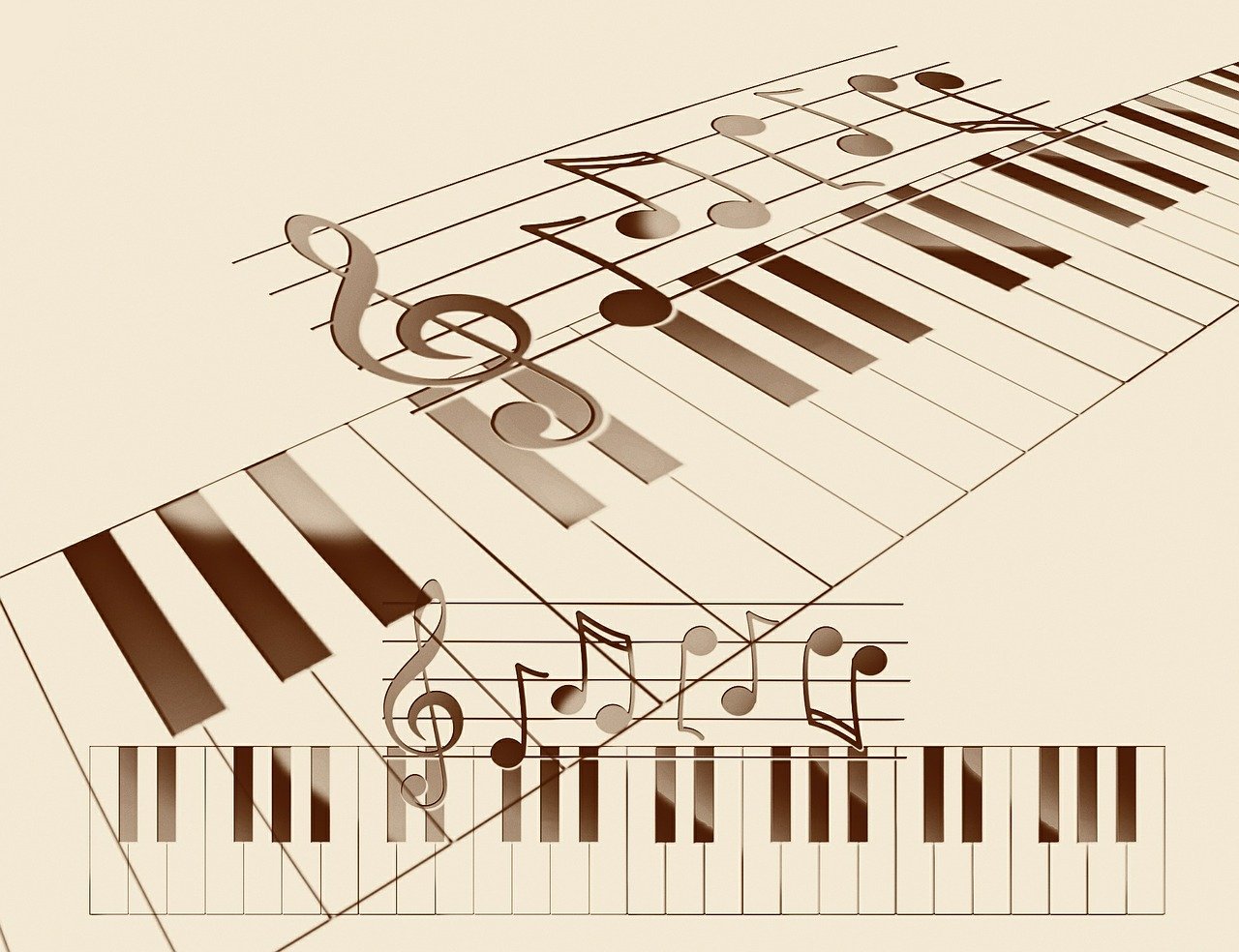Salford Piano Studio

Music theory is an important part of becoming a better musician.
Essentially, it helps you to understand the language of music. Reading notes quicker, identifying intervals and chords, recognising patterns and chord progressions, etc.
Later on, it can also help you to improvise and compose. In order to do all those things, we need to know how music works.
Oftentimes, it’s assumed playing an instrument and learning music theory are somewhat unrelated. However, improving your music theory will certainly improve your playing. We’ve seen it time and time again, how students are more at ease playing pieces they understand better.
Music Theory allows us to communicate with other musicians and your teacher. Know the rules before you can break them.
Our Beginner Guide to Music Theory
Our new Music Theory Guide is divided into five categories:
- Notation
- Time
- Intervals
- Chords
- Scales
The 24 lessons are presented individually, making them more reader-friendly. While each lesson deals with a different topic, they are all related to one another. Therefore, we strongly recommend beginners go over the lessons in order.
If you have any comments or suggestions, please feel free to get in touch.
Check it out here: